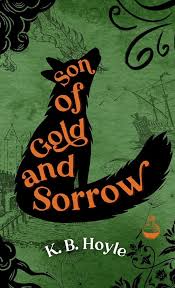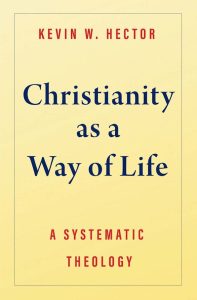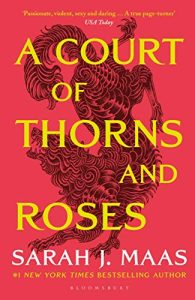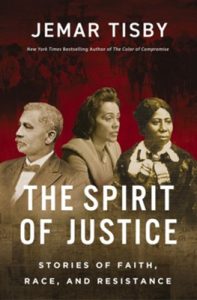 Summary: Princess Aurelia is forced to ask James for help. A curse complicates everything.
Summary: Princess Aurelia is forced to ask James for help. A curse complicates everything.
Son of Gold and Sorrow is the third in KB Hoyle’s series of fairy tale retellings. Each book can be read independently, but for this third book in the series, it helps to have read them in order. In the first book Son of the Deep (a gender swap retelling of the Little Mermaid), James was a side character. In the second book, Son of Bitter Glass (a retelling of Hans Christian Anderson’s Snow Queen), James joins the book midway through as a partner on the quest. But in this third book, Son of Gold and Sorrow, James, along with Aurelia, is the protagonist. You do not need to have read the previous books to read this book, they can be read in any order, but you will have more understanding about James as a character if you have read the others.
Son of Gold and Glass is a retelling of The Pretty Goldilocks (not Goldilocks and the Three Bears). Like the Snow Queen, I was familiar with elements of the story because it has been retold in other formats, but I had not read the original fairy tale. Again, like the last book, about half way through the book I started searching to figure out what the original fairly tale was and read a few summaries so I could see the elements and get and idea of what had been changed in this retelling. None of that is required to read the book.








